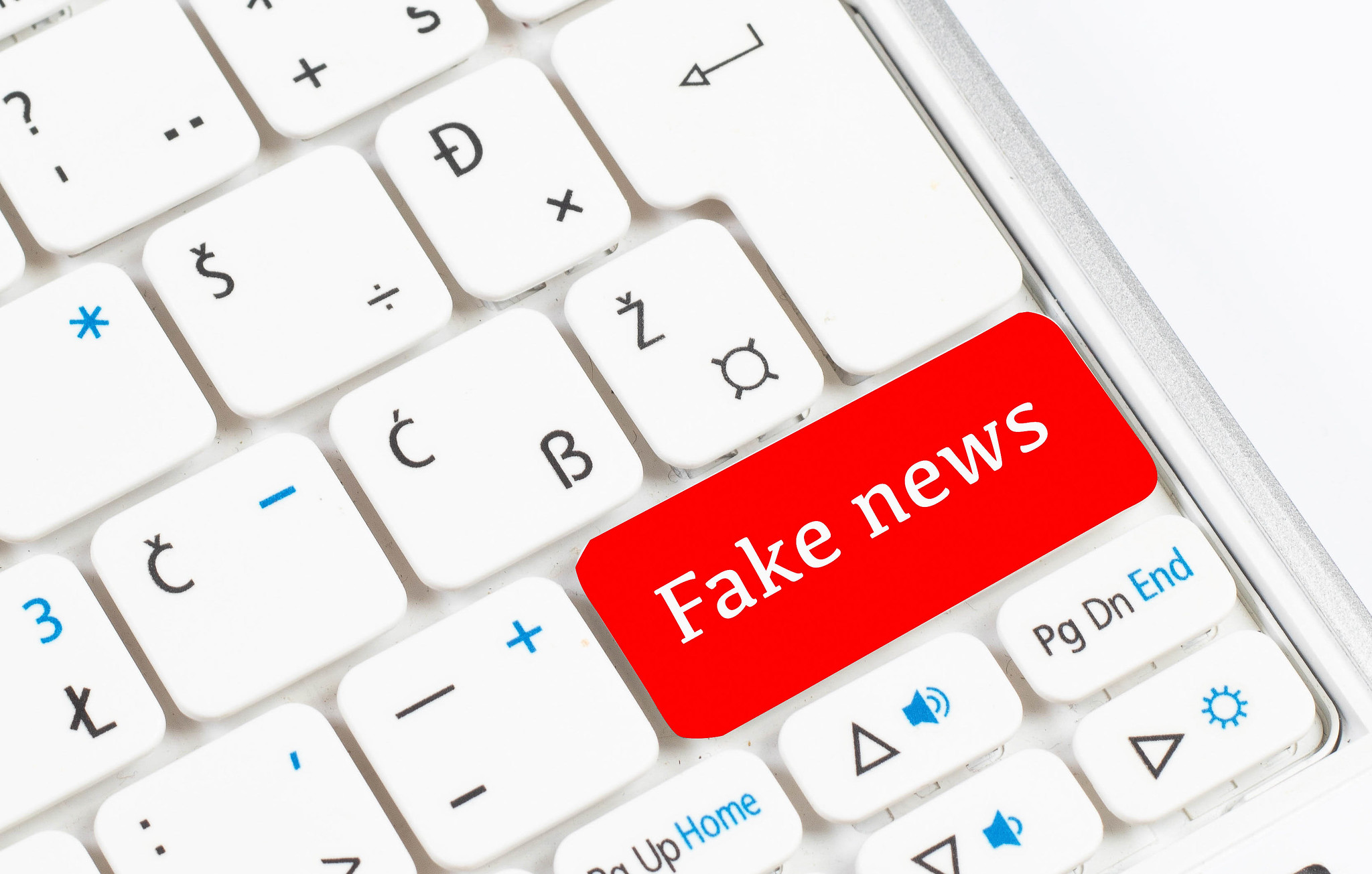The latest report “In the Dark: How Social Media Companies’ Climate Disinformation Problem is Hidden from the Public” released by the Friends of the Earth, Avaaz, and Greenpeace USA assesses whether social media companies take action to stop the spread of climate misinformation and ensure transparency about how inaccurate data is moderated and analysed.
Social Media Company Ranking
According to the researchers’ data, half of the adults in the US and the UK receive their news from social media. The group of researchers analysed publicly available policies and reports of five social media platforms – Facebook, Twitter, TikTok, Pinterest and YouTube. They claim that “companies are failing to keep up with the evolving tactics of climate disinformers”. Here are some key insights on every social media platform in the report:
- Pinterest is the only social media company to provide a robust definition of climate dis/misinformation that applies to both paid and organic content. Although the company states they “may remove, limit, or block the distribution” of accounts that repeatedly violate their Community Guidelines, there is still opacity around how this policy is enforced.
- YouTube articulates a climate dis/misinformation definition only in relation to paid advertising. Also, YouTube is vague about how widely and consistently dis/misinformation counter-measures are taken.
- Facebook is explicit about how fact-checking and downranking measures are applied to climate dis/misinformation and its regular spreaders, but provides little information on disclosure of enforcement outcomes. Also Facebook doesn’t release updates on climate dis/misinformation.
- TikTok has transparent user flagging policies, and the social media company clearly articulates that repeat violators of their Community Guidelines face account-level consequences for spreading dis/misinformation, but their quarterly enforcement reports do not include details on actions taken specifically on climate dis/misinformation.
- Twitter does not articulate how its existing dis/misinformation-related policies apply to climate, nor does it explicitly say how it plans to address climate dis/misinformation. The social media company is not clear about how content is labeled as dis/misinformation.
Furthermore, all platforms except Twitter allow their users to flag and report misinformation for review by content moderators. The Center for Countering Digital Hate has documented that repeat violators of misinformation policies spread the majority of climate denial content on social platforms. According to the report, all five social media companies fail to provide thorough and consistent detail describing actions they take to address repeat violators of their policies, especially in the context of climate misinformation.
Researchers stated that one of the key objectives of their report is “to allow for fact-based deliberation, discussion and debate to flourish in an information ecosystem that is healthy and fair, and that allows both citizens and policymakers to make decisions based on the best available data.”
What needs to be done?
As mounting scientific evidence has made the greenhouse effect impossible to deny, disinformers admit that climate change is real, but are still pushing narratives that undermine and oppose policy action. These actions are often supported by outright falsehoods, cherry-picked data, and misleading claims.
Without a clear and transparent policy on climate disinformation, we obviously cannot have a complete picture for immediate climate action.
The group of activists has called on all social media companies to:
- Establish, disclose, and enforce policies to reduce climate change dis/misinformation.
- Release in full the company’s current labeling, fact-checking, policy review, and algorithmic ranking systems related to climate change disinformation policies.
- Disclose weekly reports on the scale and prevalence of climate change dis/misinformation on the platform and mitigation efforts taken internally.
- Adopt privacy and data protection policies to protect individuals and communities who may be climate dis/misinformation targets.
It is clear that transparency of the actions social media companies take against climate-related fakes is important to ensure their effectiveness. These actions along with accountability for the users who spread such fakes will help to build and maintain a healthy and constructive debate culture on climate change and the world’s response to it.





